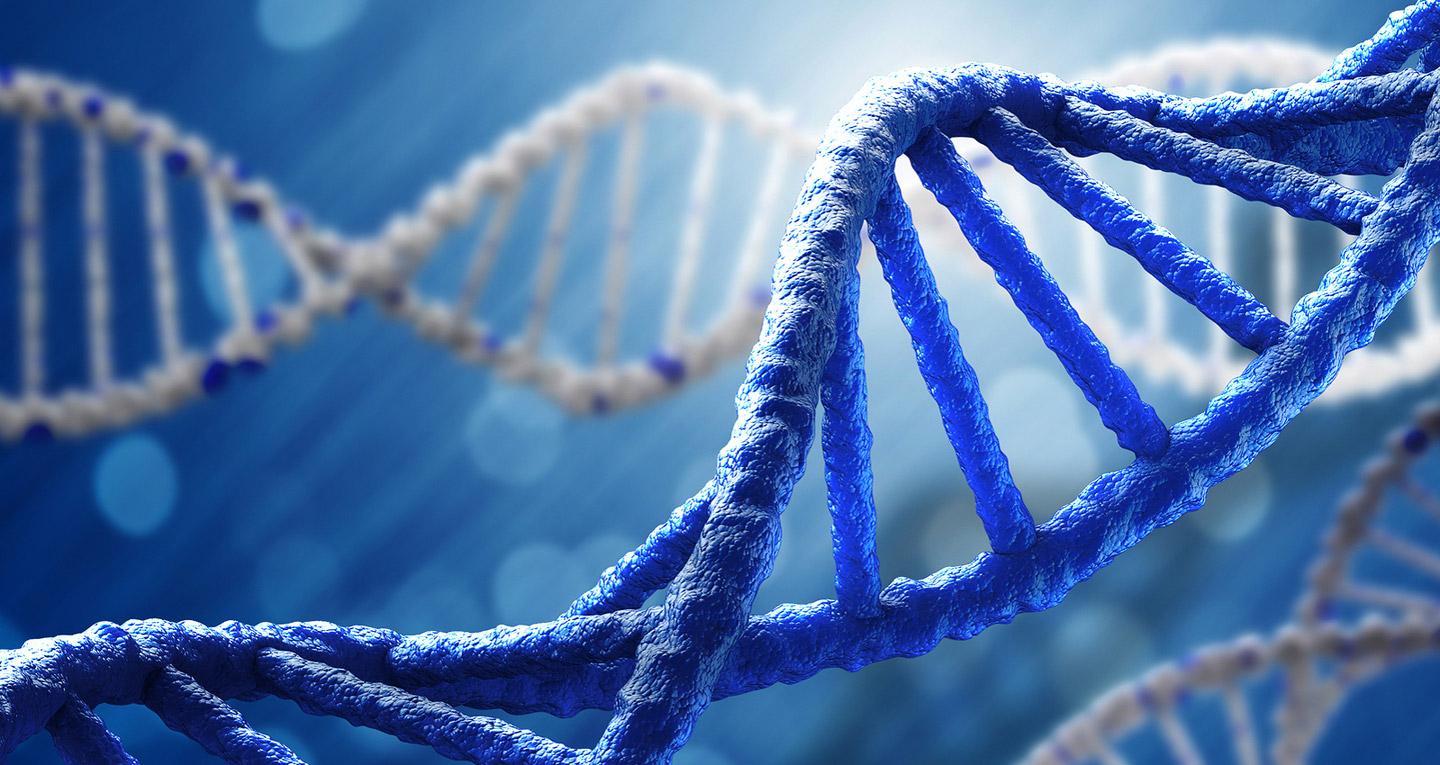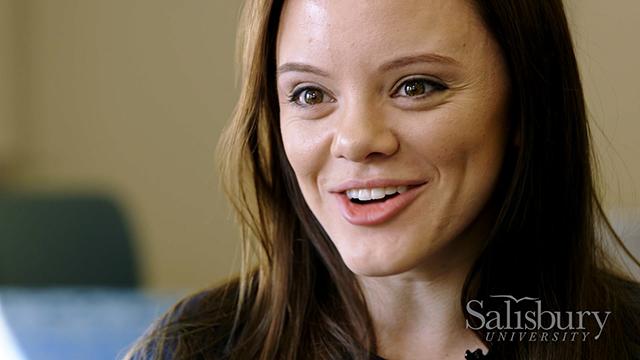
Master of Science in Applied Biology
The Master of Science in Applied Biology program at Salisbury University addresses the growing need for a trained workforce with special skills in biotechnology, laboratory and environmental science. The graduate curriculum emphasizes the development of skills in research and relates practical experiences to a strong background in theory.
What Can You Do with a Master's in Applied Biology?
The scope of biological science is broad, and training in this field can lead to many diverse careers. Through SU’s graduate program, you will join a research laboratory and gain valuable experience and knowledge that will propel you to reach your future goals. Our graduates have gone on to competitive Ph.D. and professional programs, and many have gone directly to employment.
Graduates of the program may go on to careers such as:
- Dentist
- Ecologist
- Field Biologist
- Laboratory Research Biologist
- Optometrist
- Physician
- Veterinarian
Why Choose a Master's in Biology at Salisbury University?
You can expect a lot from our master's program. In choosing to study here, you will find:
- Faculty with a broad range of research expertise and interests
- Student-centered faculty mentoring
- Opportunity to focus on a chosen field of interest, while developing broad expertise in modern biological concepts
- Extensive experience conducting science in the laboratory or the field
- Experience with scientific writing and presentation
Our thesis students also work closely with faculty members to design original research projects and to work as independent scientists. The research interests of our faculty are broad, from microbiology and molecular genetics to the natural history of plants and animals.
Mentorship and projects are focused and personalized for each student’s needs. Students gain experience in proposal and grant writing, lab and field research methods, and presentation of their research at local and international conferences, giving them exposure and preparing them for the broader world of their area of study.
The program consists of 33 credit hours of graduate work that is generally completed in a two-year period. An optional thesis and an accelerated 4+1 M.S. option for advanced undergraduates are included for those students who plan to continue their post-graduate studies.
-
Application Deadlines
The following deadlines are for admission into the Master of Science in Applied Biology program.
- Spring Final Deadline: October 15
- Fall Final Deadline: March 1
All applicants must have contacted and have a commitment from a potential research advisor in the Biology Department. Please review the faculty listing.
Biology Faculty with Real-World Experience
Our faculty has embraced the concept of student-centered teaching and encourages student participation at science meetings.
As an alumna of the SU Biological Sciences Department, I am extremely proud of the growth of the department and of the University as a whole, especially in research opportunities.
Learn More About Our Biology Master's
-
Courses and Biology Master's Requirements
For details on admission, program policies and requirements, visit the University's catalog:
-
Allied Professional Skills Requirement
Students must demonstrate their applied expertise by developing proficiency in an allied professional skill, which include, but are not limited to, computer programming, geospatial analysis, foreign language, technical writing, demonstrable expertise in advanced laboratory or field techniques or instrumentation, and policy analysis. The choice of allied professional skill is up to you in consultation with the advising committee. Skills should be relevant to your research or career goals, should be chosen early in your program of study and are subject to approval of the Graduate Advisory Committee.
-
Our Department and Faculty
Learn more about the Department of Biological Sciences, including our faculty, in-depth program information and student resources.
-
Guidelines
Here are helpful guides to the policies and procedures of the program:
- What can I do with an MS in Applied Biology?
